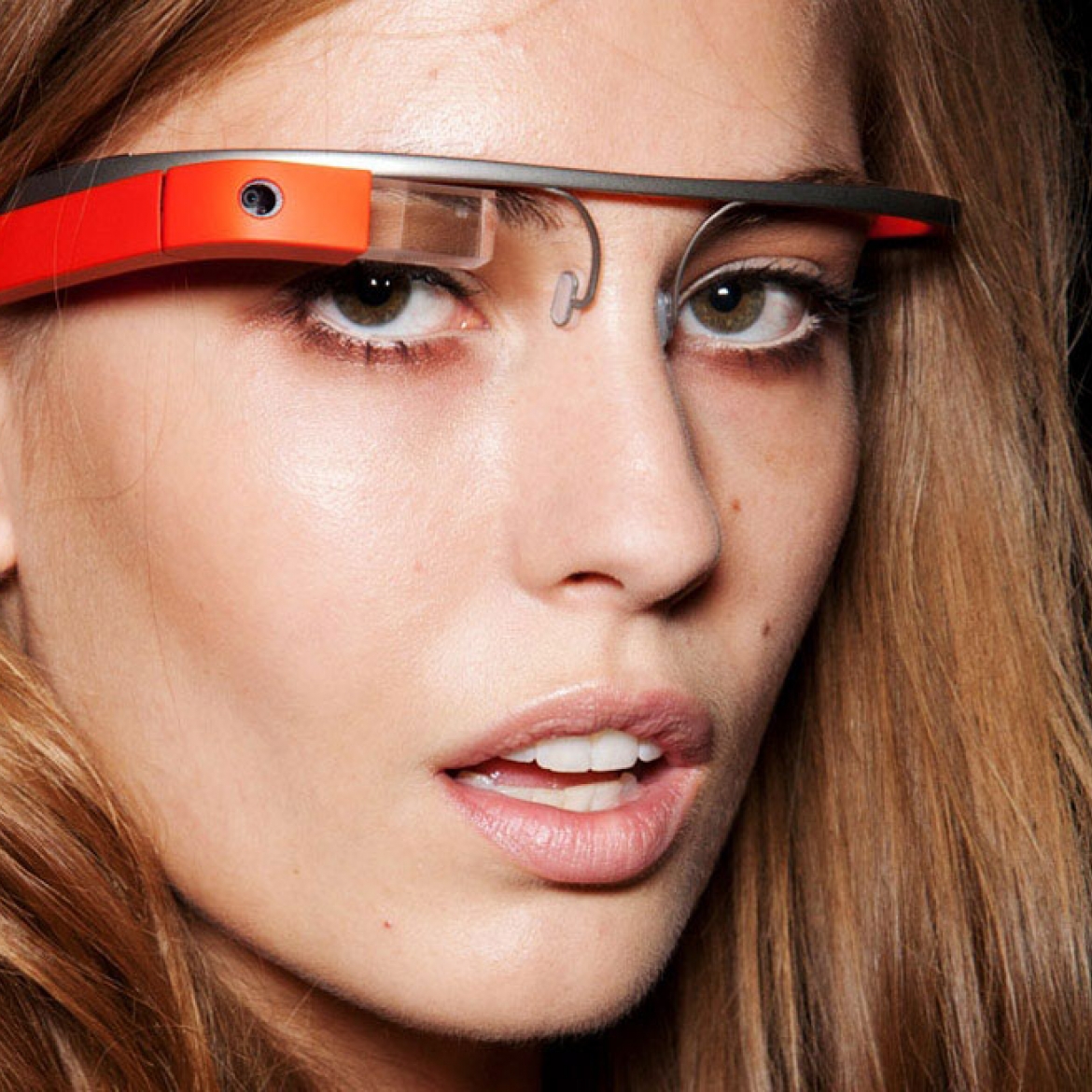

Research by Accenture has found that when it comes to wearable technology, two thirds of Britons won’t wear it. Surveying 1,000 UK residents as part of a worldwide poll, the survey found that only 29 per cent said they would be interested in buying a smart watch and 26 per cent said they were interested in buying Internet-connected eyeglasses such as Google Glass.
This lack of enthusiasm placed the UK well below the five other countries surveyed (Australia, Canada, India, South Africa, and the United States), all of which showed more propensity towards donning hipster bling wearable tech. Overall, the survey showed that worldwide (i.e. the average of the 6,000 people in the six countries surveyed) more than half of consumers (52 percent) are interested in buying wearable technologies, with 46 percent considering buying a smart watch and 42 percent interested in connected glasses.
The survey also suggested that Britons are lagging behind when it comes to other areas of consumer technology. The proportion of British respondents who said they would prefer a ‘phablet’ device was significantly lower than the overall average, with only 37 percent expressing interest in such a device, compared to 52 percent worldwide. Elsewhere, only 29 percent of UK respondents intend to buy an HDTV and 28 percent a laptop during 2014, compared to 41 percent and 38 percent globally.
Top of the enthusiasm charts was India, where more than 76 per cent of respondents said they planned to buy a smart watch, and three quarters professed an interest in connected glasses. Indian respondents also showed greater approval towards buying a smartphone (80 percent), HDTV (69 percent), tablets (65 percent), and laptop (63 percent).
However, these figures don’t mean that the UK is necessarily lagging behind, as according to Accenture, emerging countries such as India are becoming major growth markets for consumer electronics companies, as the population is unlikely to already own smart devices.
Wearable technology was a major theme at the recent CES show in Las Vegas, with companies all over the technology industry and beyond clamouring to show off their latest devices looking to augment everyday life. Yet with the hardware still in its infancy, it seems that British consumers are still to be convinced.
“In the past year wearable technologies have emerged as the next big consumer electronics market category, particularly for health and wellness,” said Mattias Lewren, global managing director of Accenture’s Electronics and High-Tech industry group.
“To capitalise on this growth opportunity, consumer electronics companies should consider investing in wearable product innovation and industrial design, and building ecosystems that connect wearables to the broader array of interactive digital networks. Every consumer is a digital consumer, and the keen interest in wearable technology provides further evidence of that,” he added.
OpenAI chief operating officer Brad Lightcap to oversee international expansion as company consolidates lead in…
Chinese researchers publish details on device that could wreak havoc on undersea communications cables in…
Former Intel chief Gelsinger expands role at Gloo, becoming executive chairman and head of technology…
MEPs add to Commission pressure for second EU Chips Act amidst industry calls for renewed…
Smartphone maker Xiaomi reportedly raises about $5.5bn in Hong Kong share sale as it invests…
BYD's Qin L EV sedan starts at about half the price of Tesla's Model 3,…